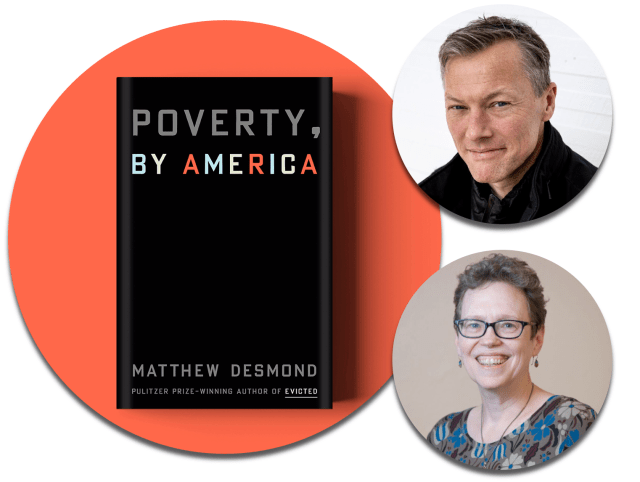Night’s Liberation
By Leah Clifford
The night air buzzes,
No matter how cold you are,
The heat here always
Begins to weigh life down.
They can no longer linger,
Like rust on iron chains,
Their impatience begins to form.
Intrepid footsteps land,
While moonbeams strike the dark sky,
Slashing the melody of night.
Like the edge of a knife; they glint back.
Hour hands halt them,
And seconds wag like disapproving fingers.
The time is now.
Night removes distinction,
Disguises erase designation.
Soliloquies scratch at their minds,
As they practice their roles.
Donning her vesture, his rags,
They'd hide their souls
And willfully pursue fantasy.
Their threads spread, and
Love beats in the rhythm
Of the night, guiding fellow man
Into independence.
Stars watch with indifference,
But their brilliance is reflected in their story,
Embracing freedom like a vow.
The leaves of their story
Branch out, galvanizing resistance.
Demanding justice is not a mistake,
But denying rights creates outlaws.
Loudly, we can now turn the page,
Just as fiercely as they
Would follow the other, anywhere.
Leah Clifford lives in Saratoga Springs, NY and is an Administrative Assistant at Independent Voting.


























